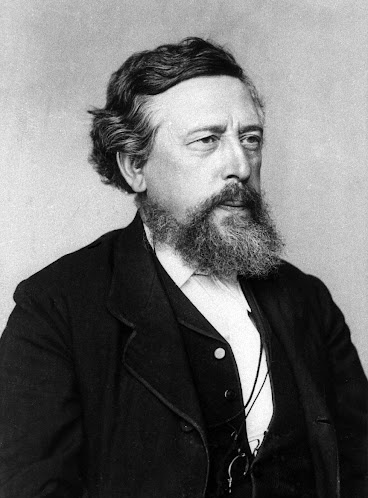Wilhelm Liebknecht
 Wilhelm Martin Philipp Christian Ludwig Liebknecht (; 29 March 1826 – 7 August 1900) was a German social democratic politician, journalist, and a principal founder of the Social Democratic Party of Germany (SPD). His political career was a pioneering project in steering a Marxist-inspired workers' party to electoral success and mass membership. With his long-time political collaborator August Bebel, he was a leading figure in nineteenth-century German socialism. Liebknecht served as a member of the North German Reichstag from 1867 to 1871 and the German Reichstag from 1874 until his death in 1900.
Wilhelm Martin Philipp Christian Ludwig Liebknecht (; 29 March 1826 – 7 August 1900) was a German social democratic politician, journalist, and a principal founder of the Social Democratic Party of Germany (SPD). His political career was a pioneering project in steering a Marxist-inspired workers' party to electoral success and mass membership. With his long-time political collaborator August Bebel, he was a leading figure in nineteenth-century German socialism. Liebknecht served as a member of the North German Reichstag from 1867 to 1871 and the German Reichstag from 1874 until his death in 1900.Born in Giessen, Liebknecht was radicalized as a student and became an active participant in the 1848 Revolutions. After the defeat of the uprisings, he spent thirteen years in exile, first in Switzerland and then in London. In London, he became a close associate and student of Karl Marx and Friedrich Engels. After returning to Germany in 1862, he co-founded the Social Democratic Workers' Party of Germany (SDAP) in 1869 with Bebel. The party, known as the "Eisenachers", was established as a mass-based political party committed to a Marxist program.
Liebknecht was a prominent opponent of the Franco-Prussian War. His refusal to vote for war credits and his outspoken criticism of the annexation of Alsace–Lorraine led to his arrest and a two-year prison sentence for treason in 1872. He was the main architect of the 1875 Gotha unity congress, which merged the SDAP with the Lassallean General German Workers' Association to form the party that would become the SPD. During the period of the Anti-Socialist Laws from 1878 to 1890, he used his position in the Reichstag to maintain the party's public voice and was instrumental in guiding it through the years of persecution.
As a leader of the largest socialist party in Europe, Liebknecht was a major figure in the Second International, which he helped found in 1889. He served as the editor-in-chief of the SPD's central organ, ''Vorwärts'', and became an elder statesman of the party, defending orthodox Marxism against the rise of revisionism in his later years. A committed democrat, he advocated for a socialist republic achieved through parliamentary means. His son, Karl Liebknecht, also became a prominent socialist leader. Provided by Wikipedia
-
1
-
2
-
3
-
4
-
5
-
6
-
7
-
8
-
9
-
10
-
11
-
12
-
13
-
14
-
15
-
16
-
17
-
18Classmark: D 3Book